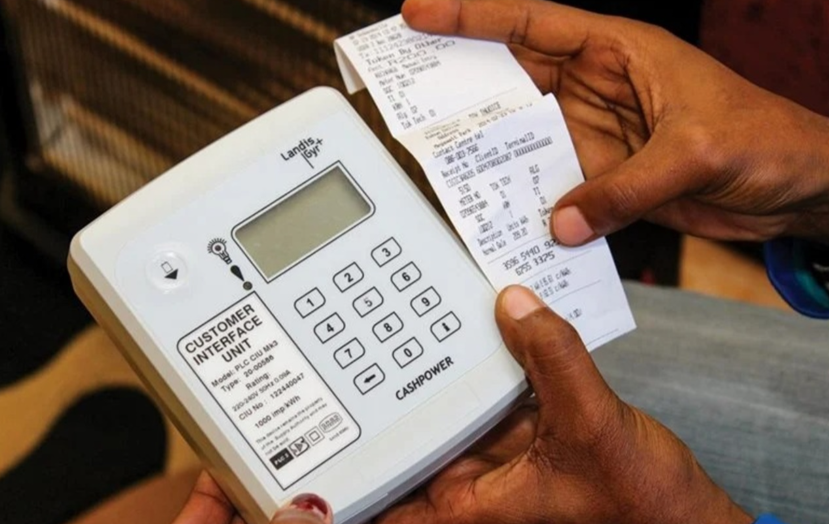1. Switch to Energy-Efficient Appliances
Use energy-efficient LED bulbs, refrigerators, air conditioners, and other appliances. These consume less power, which can significantly lower your electricity consumption.
2. Unplug Devices When Not in Use
Many electronic devices consume power even when turned off. Always unplug chargers, TV sets, or any electronics not in use to prevent unnecessary energy drain.
3. Use Fans Instead of Air Conditioners
Air conditioners use a lot of electricity. During cooler months, opt for fans to circulate air and cool the room instead, which will help reduce your energy consumption.
4. Take Advantage of Natural Lighting
Open curtains and blinds during the day to let in natural light, reducing the need for artificial lighting. This can be especially effective in well-lit areas during the daytime.
5. Limit the Use of High-Energy Appliances
Limit the use of high-energy appliances like irons, washing machines, or water heaters to off-peak hours or only when necessary. This helps reduce your overall consumption.
6. Use Energy-Saving Power Strips
Plug multiple devices into energy-saving power strips, which can be turned off when not in use, helping you avoid “phantom energy” drain.
7. Optimize Your Heating and Cooling
Set your air conditioning or heating to a moderate temperature (not too cold or too hot). Even small changes can lead to significant savings on your electricity bills.
By incorporating these habits, you can effectively reduce your electricity consumption and lower your prepaid meter bills.






